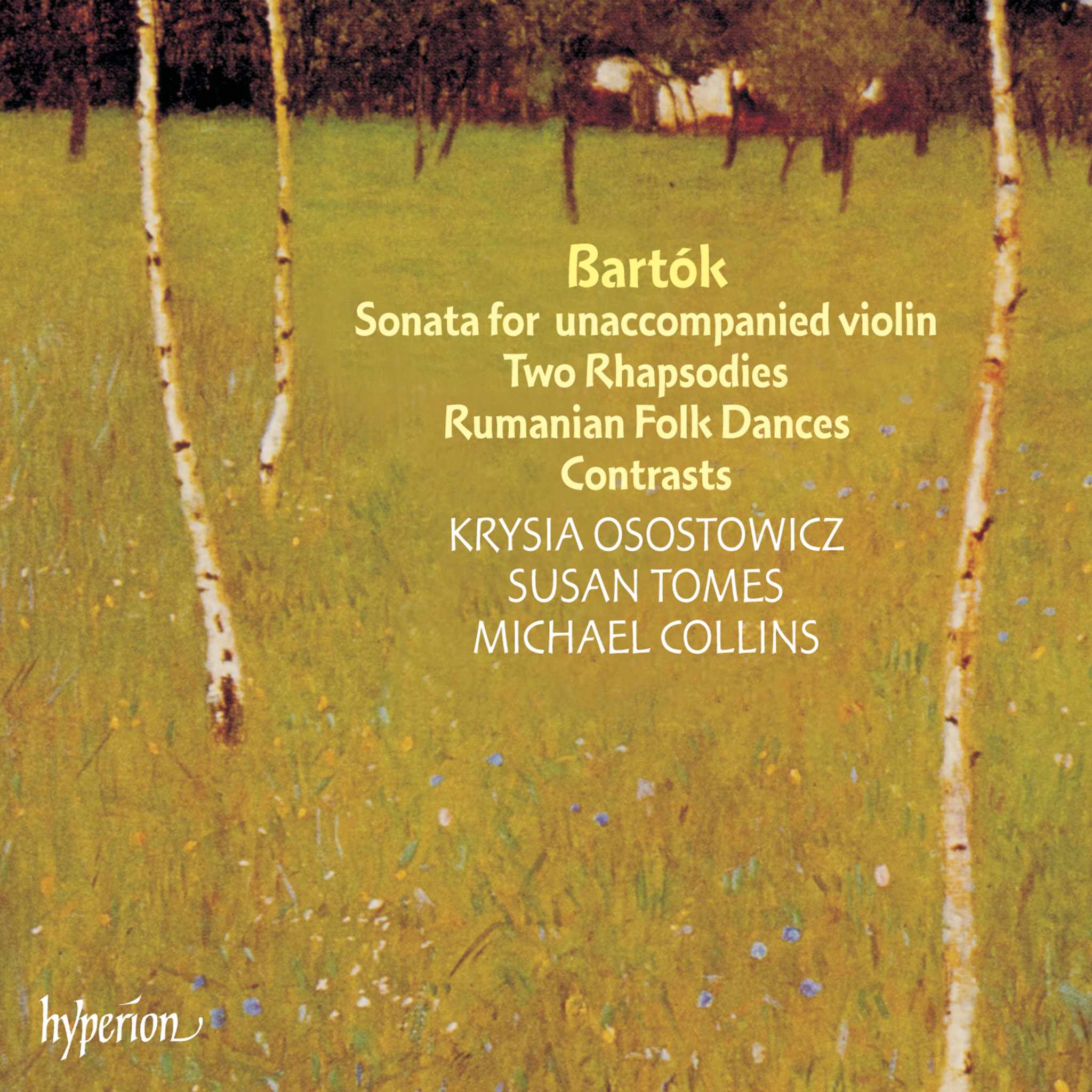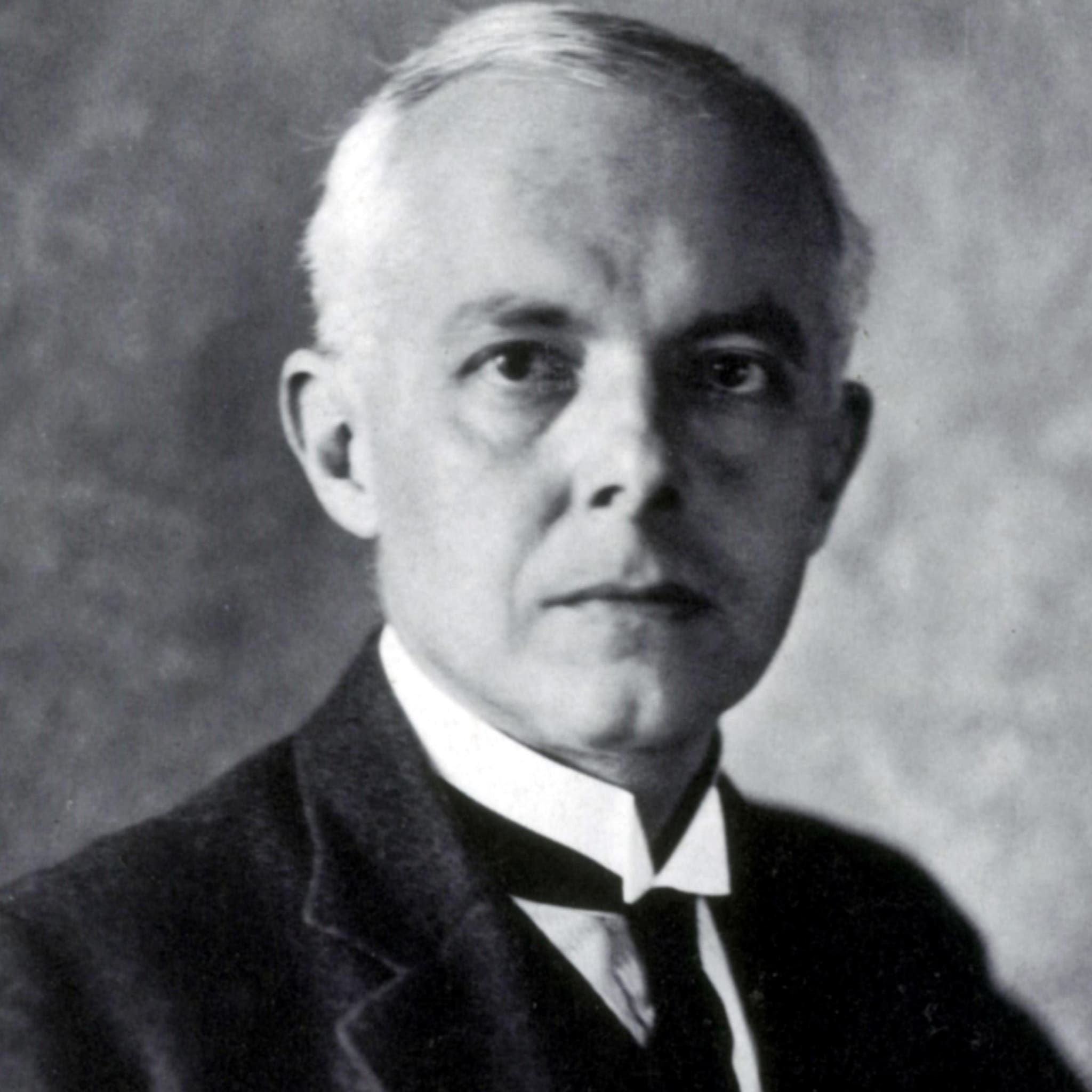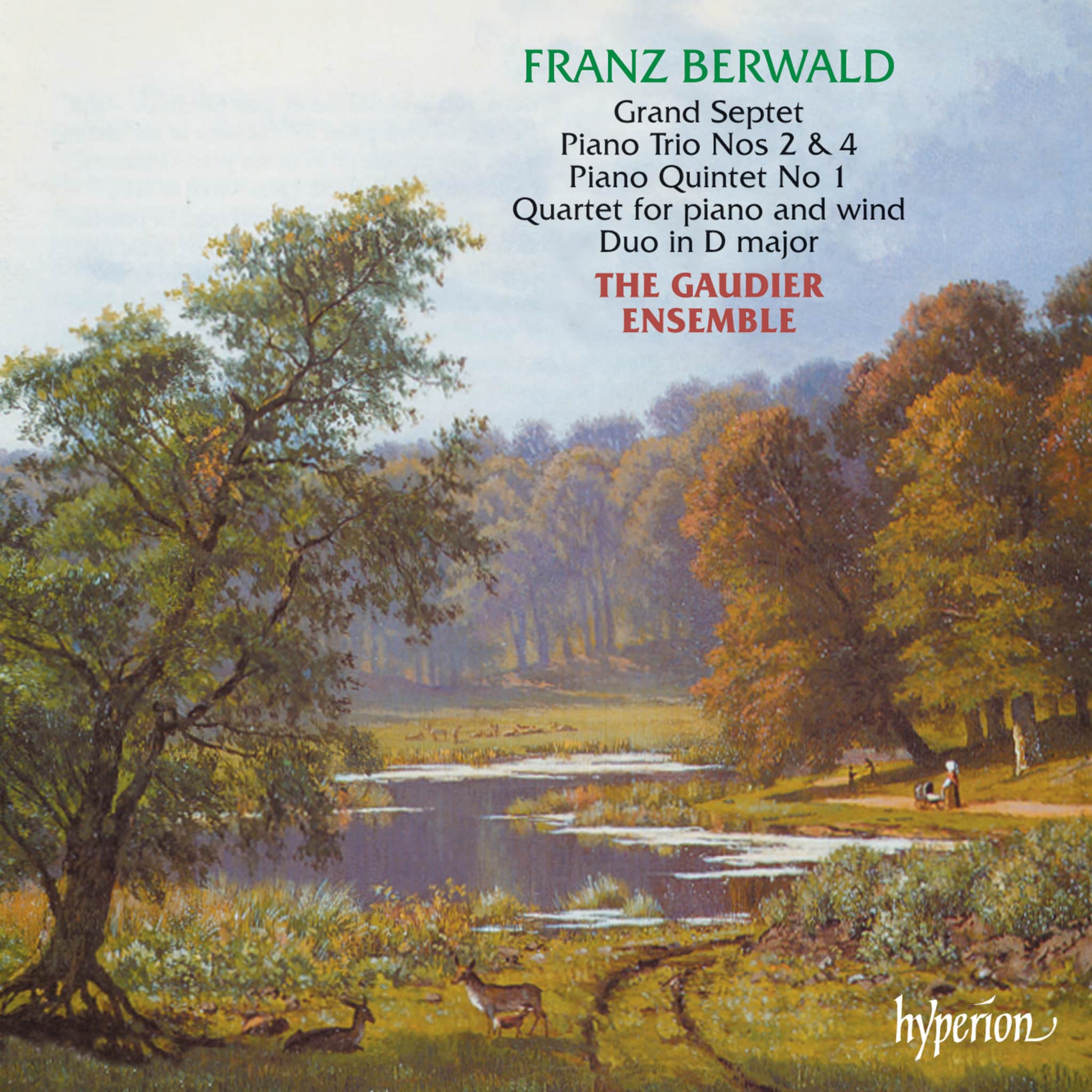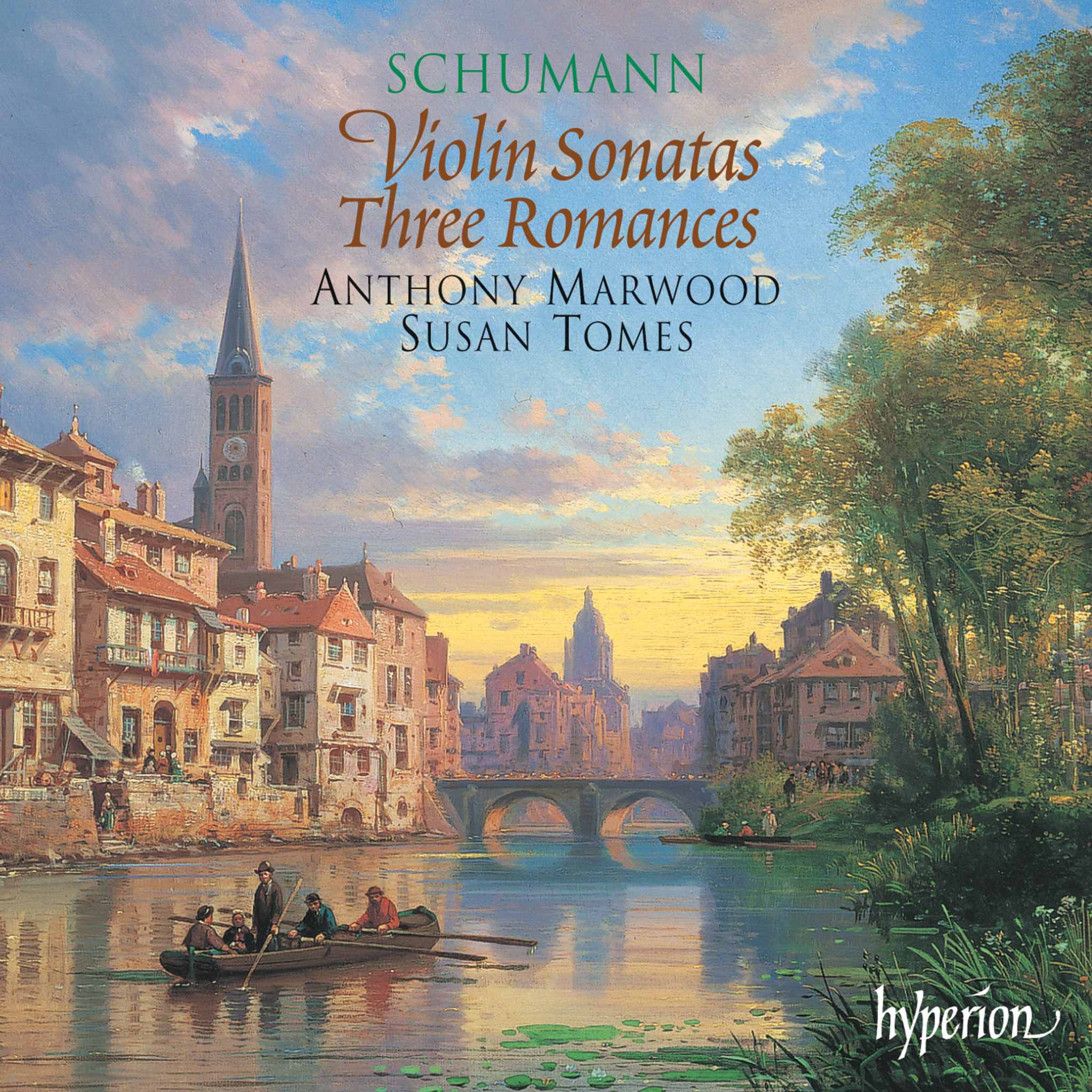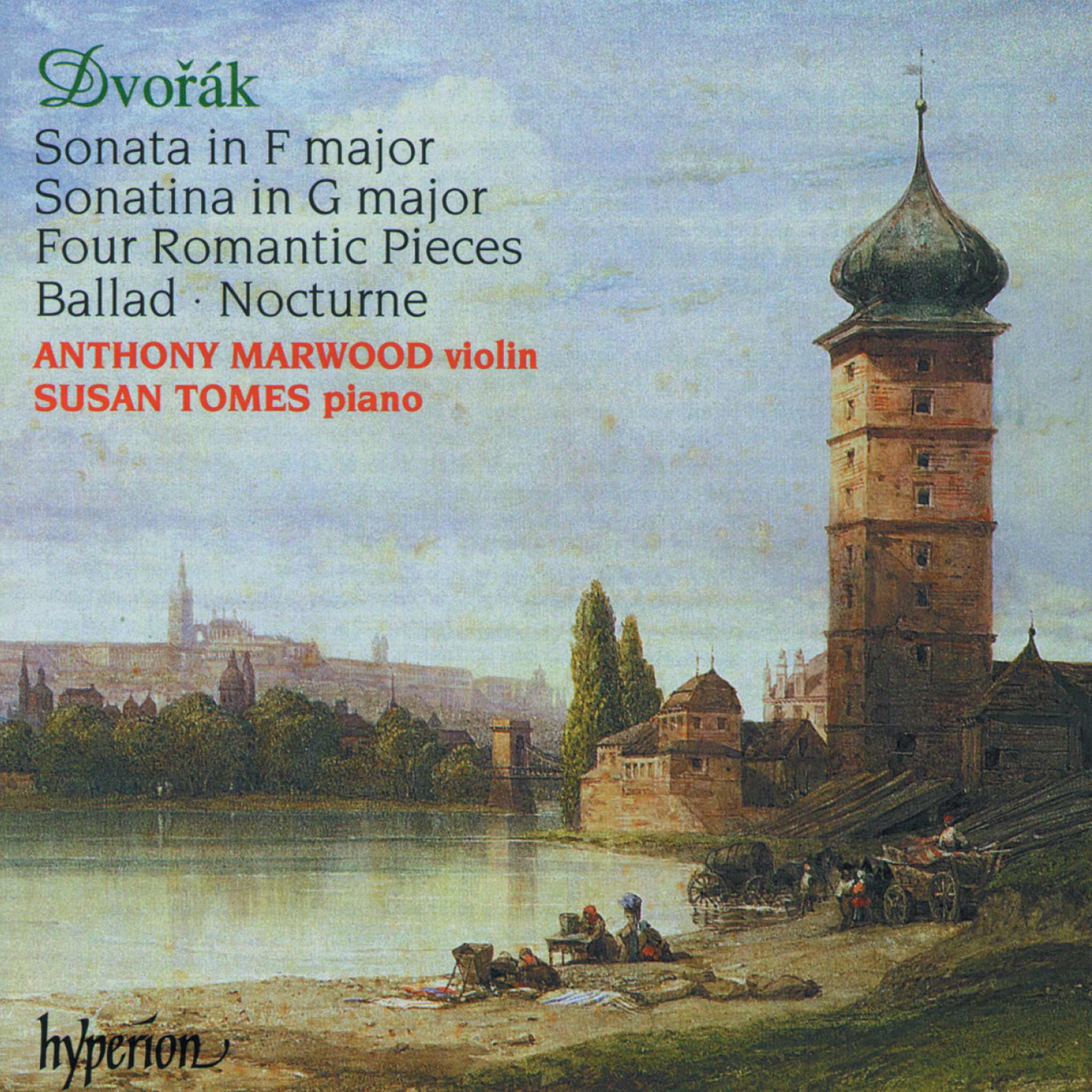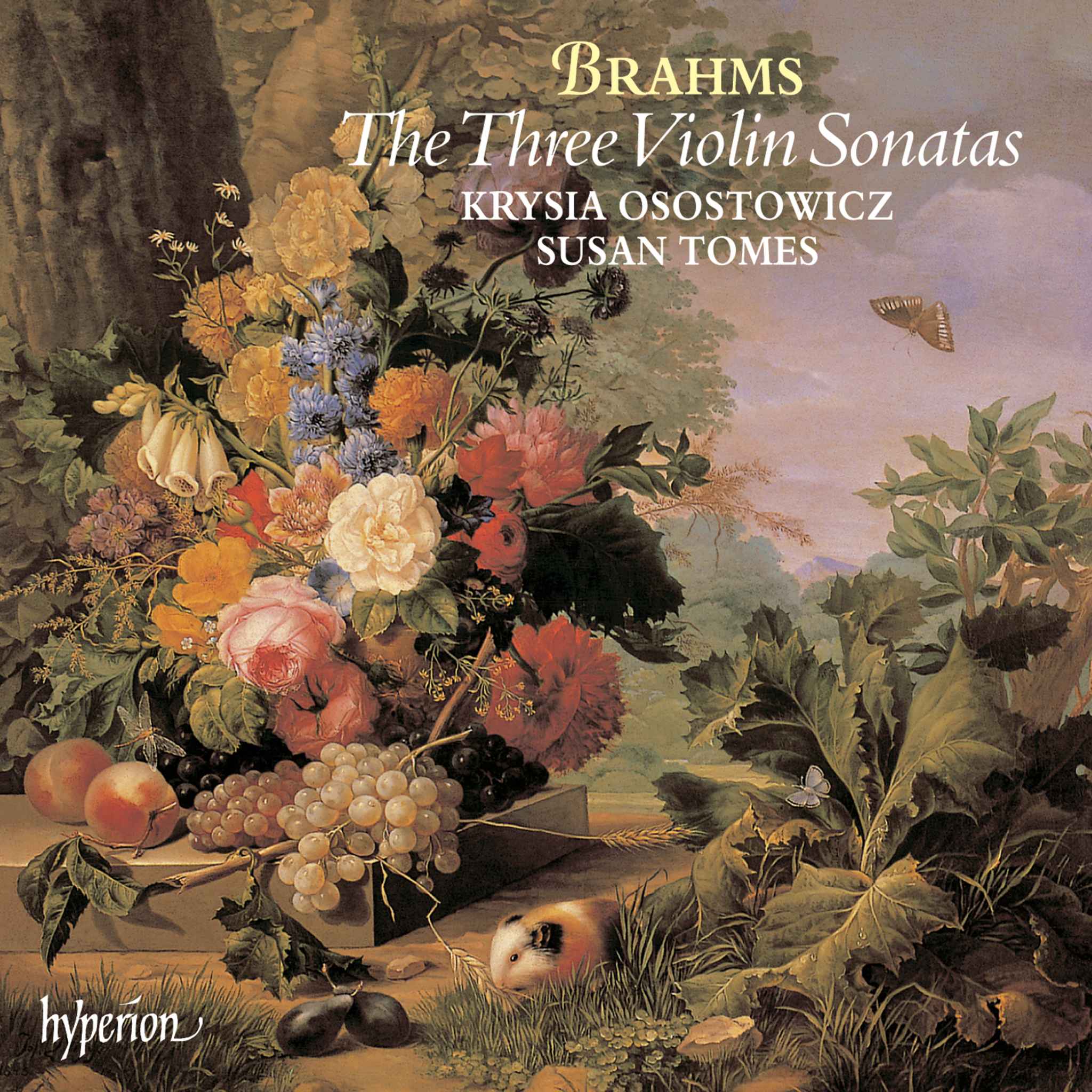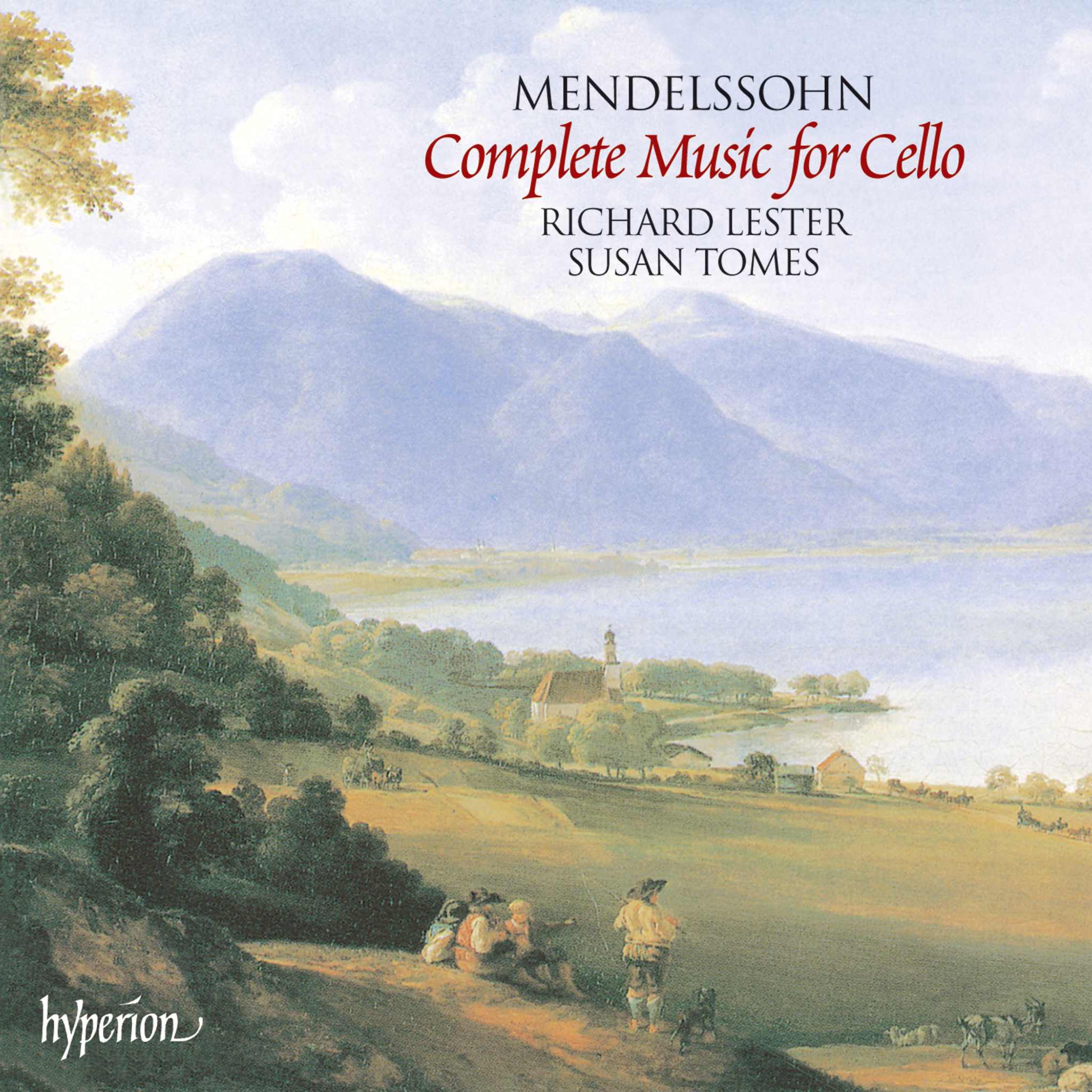Die Geige hat bei Bartók häufig eine besondere Verbindung aus lyrischer Tiefe, Glanz und Kreativität hervorgerufen. Diese Beziehung entsteht teilweise dadurch, dass dieses Instrument im Zentrum der Volksmusik steht, die Bartók so tief schätzte. Bartók hatte außerdem das Glück, mit außergewöhnlichen Geigern zusammenzuarbeiten: Für den ungarischen Virtuosen Yelly d'Aranyi schrieb er zwischen 1921 und 1922 seine beiden Sonaten für Violine und Klavier. Die zwei Violinrhapsodien von 1928, die als ergänzendes Paar konzipiert waren, widmete er seinen Landsleuten und Freunden Jószef Szigeti und Zoltán Székely.
Szigeti und Székely waren nicht nur Virtuosen, sondern trugen mit ihren künstlerischen Fähigkeiten und Einfällen erheblich zur Entwicklung von Bartóks Musik bei. Besonders Székely schlug vor, die rumänischen Volkstänze für Klavier zu übertragen, was später Bartók zu mehreren Konzerten anregte. Bartók unterteilte seine Musik grundsätzlich in zwei Kategorien: entweder als Bearbeitungen von Volksmelodien oder als eigenständige Kompositionen, welche den Geist der Volksmusik verkörpern. Die rumänischen Volkstänze aus dem Jahr 1915 sind ein hervorragendes Beispiel für die erste Kategorie.
Die sechs Tänze bieten faszinierende Einblicke, wobei die meisten Informationen von Bartóks Schülern stammen. Die Vielfalt reicht von einem Steckentanz, bei dem Stöcke mit Blumen verziert werden, über Flötentänze bis zu Zigeunermelodien. Szigeti und Székely unterstützten auch bei den Violinrhapsodien, die auf Zigeuner-Musik aus Transsilvanien basieren. Bartók betrachtete die Rhapsodien als Arrangements volkstümlicher Weisen, die seine eigenen kreativen Gestaltungen zeigten und jeweils unterschiedliche kulturelle Einflüsse vereinten. Die musikalischen Kontraste entstanden durch Szigetis Fantasie und die Zusammenarbeit mit anderen Musikern, wie dem Jazzklarinettisten Benny Goodman.
Ein besonderes Werk Bartóks ist die Solosonate, die während seiner von Krankheit geprägten Zeit in den USA entstand. Mit den letzten Kompositionen, zu denen auch das dritte Klavierkonzert gehört, beendete Bartók sein Schaffen. Die für Violine komponierte Solosonate stellte eine schöpferische Herausforderung dar. Bartók arbeitete eng mit Yehudi Menuhin zusammen, der das Werk 1944 in einer beeindruckenden Premiere darbot. Trotz gesundheitlicher Schwierigkeiten vollendete Bartók sein musikalisches Erbe kurz vor seinem Tod im Jahr 1945.

